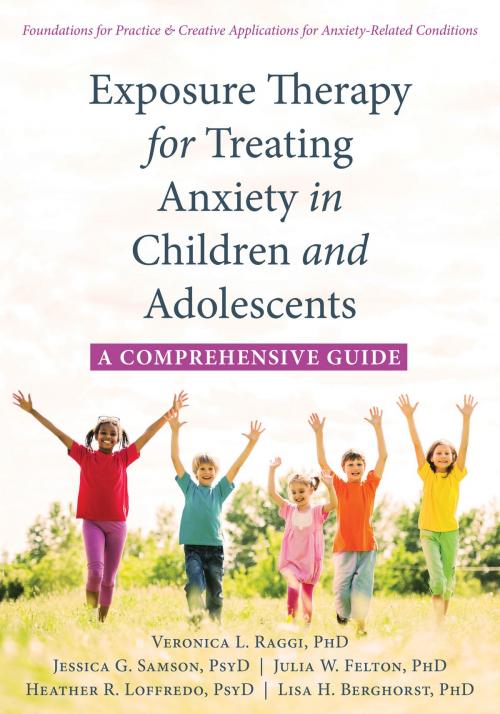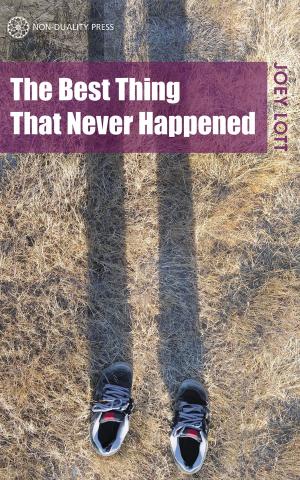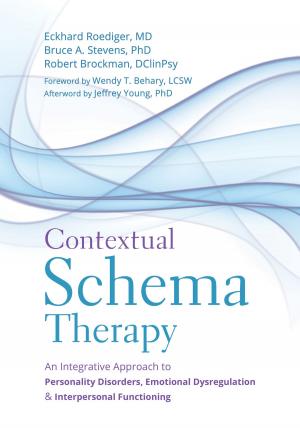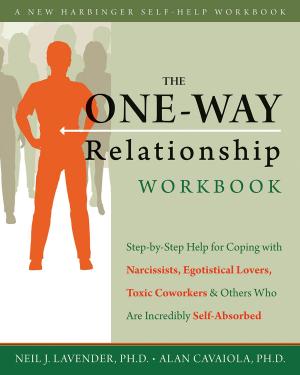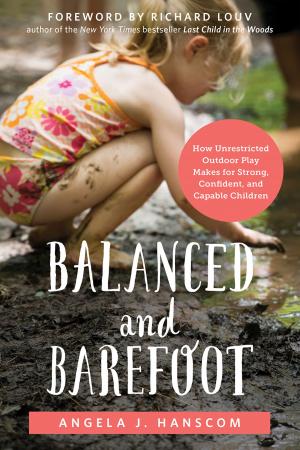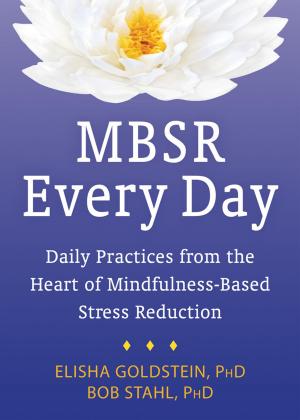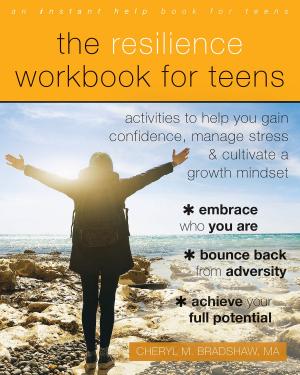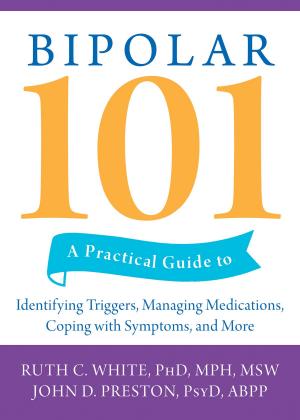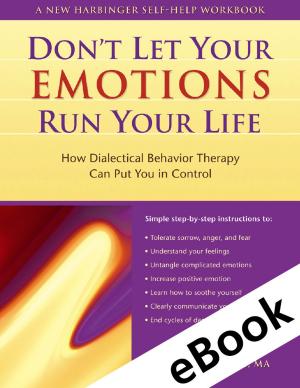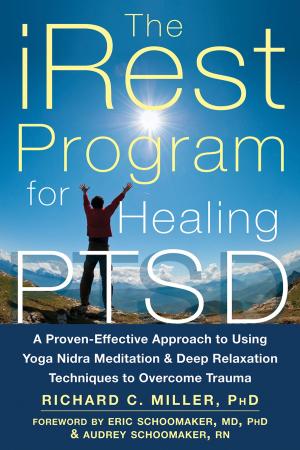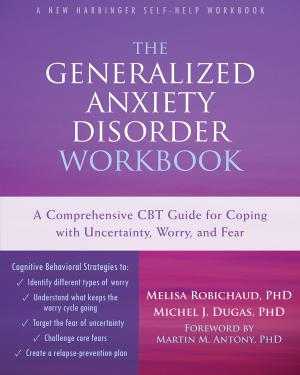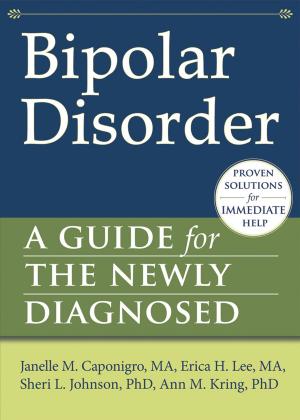Exposure Therapy for Treating Anxiety in Children and Adolescents
A Comprehensive Guide
Nonfiction, Health & Well Being, Psychology, Child & Adolescent, Child Psychology, Medical, Specialties, Psychiatry, Mental Health| Author: | Veronica L. Raggi, PhD, Jessica G. Samson, PsyD, Julia W. Felton, PhD, Heather R. Loffredo, PsyD, Lisa H. Berghorst, PhD | ISBN: | 9781626259249 |
| Publisher: | New Harbinger Publications | Publication: | February 2, 2018 |
| Imprint: | New Harbinger Publications | Language: | English |
| Author: | Veronica L. Raggi, PhD, Jessica G. Samson, PsyD, Julia W. Felton, PhD, Heather R. Loffredo, PsyD, Lisa H. Berghorst, PhD |
| ISBN: | 9781626259249 |
| Publisher: | New Harbinger Publications |
| Publication: | February 2, 2018 |
| Imprint: | New Harbinger Publications |
| Language: | English |
Written by a team of clinicians specializing in the treatment of children and adolescents, this professional guide offers a comprehensive, practical resource for implementing exposure therapy when treating children and adolescents with anxiety. Each chapter is devoted to tailoring exposure work to a specific anxiety-related condition, such as separation anxiety, phobias, panic, social anxiety, and more, using a variety of creative exposure ideas and activities.
In Exposure Therapy for Treating Anxiety in Children and Adolescents, you’ll find detailed hierarchies and clinical suggestions for treating each specific childhood anxiety condition, including separation anxiety, school refusal, selective mutism, specific phobia, generalized anxiety, panic disorder, social anxiety, obsessive compulsive disorder (OCD), and emotion tolerance. The book also offers an overview of exposure therapy and its implementation in children and adolescents, including a review of current research and empirical findings on this approach.
With this book, you’ll also find solid strategies for conducting detailed clinical assessments, so you can gain a greater understanding the specific anxiety triggers and factors that play a role in the development of and maintenance of the child’s problem, and learn how this information can be used to guide you in your development of specific exposure exercises. Finally, you’ll find tips on how to assess for family variables that may contribute to the maintenance of the child’s condition, as well as ways to work with parents in becoming effective coaches for their children during exposure-based activities.
Children are vastly different than adults in their treatment needs and in the process through which effective therapy is implemented. If you’re looking for clear, practical guidelines for designing, adapting, and implementing specific exposure exercises for your young clients, this book provides everything you need in one place.
Written by a team of clinicians specializing in the treatment of children and adolescents, this professional guide offers a comprehensive, practical resource for implementing exposure therapy when treating children and adolescents with anxiety. Each chapter is devoted to tailoring exposure work to a specific anxiety-related condition, such as separation anxiety, phobias, panic, social anxiety, and more, using a variety of creative exposure ideas and activities.
In Exposure Therapy for Treating Anxiety in Children and Adolescents, you’ll find detailed hierarchies and clinical suggestions for treating each specific childhood anxiety condition, including separation anxiety, school refusal, selective mutism, specific phobia, generalized anxiety, panic disorder, social anxiety, obsessive compulsive disorder (OCD), and emotion tolerance. The book also offers an overview of exposure therapy and its implementation in children and adolescents, including a review of current research and empirical findings on this approach.
With this book, you’ll also find solid strategies for conducting detailed clinical assessments, so you can gain a greater understanding the specific anxiety triggers and factors that play a role in the development of and maintenance of the child’s problem, and learn how this information can be used to guide you in your development of specific exposure exercises. Finally, you’ll find tips on how to assess for family variables that may contribute to the maintenance of the child’s condition, as well as ways to work with parents in becoming effective coaches for their children during exposure-based activities.
Children are vastly different than adults in their treatment needs and in the process through which effective therapy is implemented. If you’re looking for clear, practical guidelines for designing, adapting, and implementing specific exposure exercises for your young clients, this book provides everything you need in one place.
